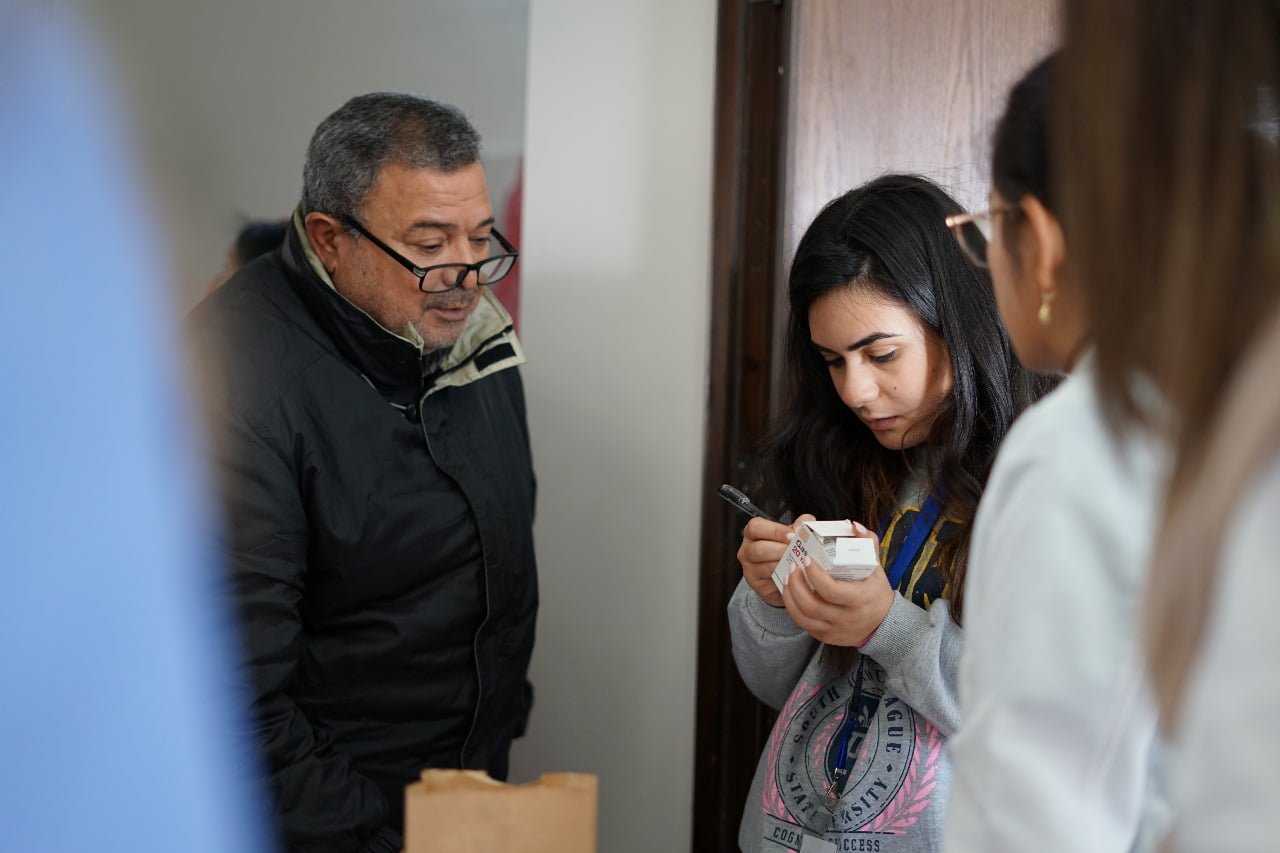Haven't You Forgotten
Something?
- SALE

Butterfly Necklace
Original price was: $39.00.$31.00Current price is: $31.00. - SALE

Silver Mosaic Necklace
Original price was: $30.00.$28.00Current price is: $28.00.



Refugees fleeing their home countries in search of safety and security face numerous challenges along their journey. These challenges range from finding shelter and food to accessing healthcare and education. While governments and international organizations play a crucial role in providing assistance to refugees, non-governmental organizations (NGOs) also play an essential role in supporting and advocating for the rights and well-being of refugees.
NGOs, or non-governmental organizations, are non-profit organizations that operate independently from government entities. They are driven by a specific mission or cause and work towards achieving social, environmental, and humanitarian goals. NGOs can vary in size and scope, from small grassroots organizations to large international agencies.
NGOs play a vital role in refugee assistance for several reasons. Firstly, they often have direct access to affected communities and can provide immediate and targeted assistance. NGOs are typically more flexible and agile in responding to the evolving needs of refugees, as they are not bound by bureaucratic processes that can slow down government or international organization responses.
Secondly, NGOs often have specialized expertise in areas such as healthcare, education, and psychosocial support. They can provide essential services that address the specific needs of refugees, including medical care, trauma counseling, language classes, and vocational training. NGOs also play a critical role in advocating for the rights of refugees and raising awareness about their plight.
Thirdly, NGOs can fill gaps in services that may not be adequately provided by governments or international organizations. They can complement and support the efforts of these entities by providing additional resources, funding, and expertise. NGOs often work in collaboration with other stakeholders, including governments, UN agencies, and local communities, to ensure a comprehensive and holistic approach to refugee assistance.
NGOs are involved in a wide range of activities to assist refugees. Some NGOs focus on providing immediate humanitarian aid, such as shelter, food, and clean water, to refugees in emergency situations. They set up temporary camps and distribution centers to ensure that basic needs are met.
Other NGOs focus on long-term solutions and work towards empowering refugees to rebuild their lives. They provide education and vocational training programs to enhance the skills and employability of refugees, enabling them to become self-reliant and contribute to their host communities.
NGOs also play a crucial role in advocating for the rights of refugees. They raise awareness about the challenges faced by refugees and work towards influencing policy and decision-making processes at local, national, and international levels. NGOs engage in research, lobbying, and public campaigns to promote refugee rights and ensure their voices are heard.
While NGOs play a significant role in refugee assistance, they also face numerous challenges. One major challenge is funding. NGOs heavily rely on donations and grants, which can be unpredictable and insufficient to meet the growing needs of refugees.
NGOs also face logistical challenges, particularly in conflict-affected areas or regions with limited infrastructure. Accessing remote and isolated refugee camps can be difficult, making it challenging to deliver aid and services effectively.
Additionally, NGOs must navigate complex political landscapes and sometimes face resistance from governments or other stakeholders. They need to build strong partnerships and maintain open lines of communication to ensure their work is effective and sustainable.
NGOs play a crucial role in providing assistance and support to refugees. Their direct access to affected communities, specialized expertise, and ability to fill gaps in services make them indispensable in refugee assistance efforts. However, they also face challenges such as funding, logistics, and navigating political landscapes. It is essential for governments, international organizations, and individuals to recognize and support the valuable work of NGOs in ensuring the well-being and rights of refugees.